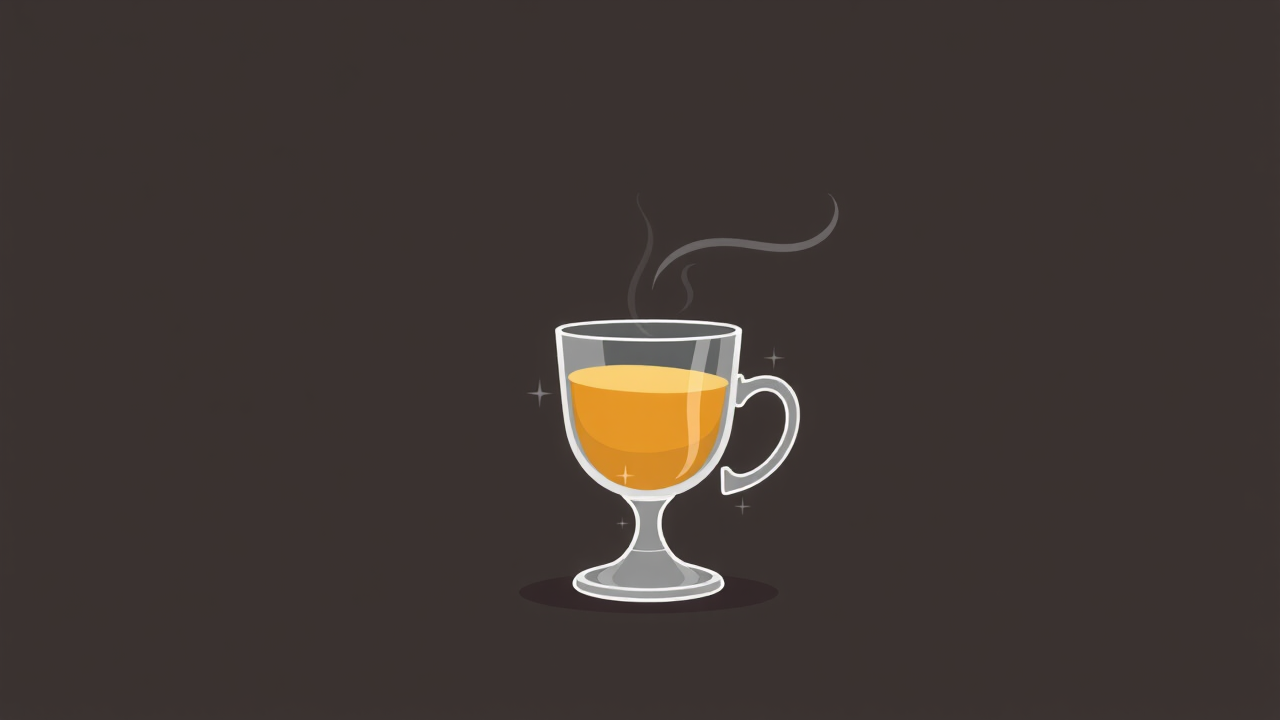Many people believe that drinking tea or coffee can help them sober up quickly after consuming alcohol. Common remedies include curd, cold baths, spicy food, and caffeinated drinks. However, public health expert Dr Jagadish Hiremath clarifies that there is no scientific evidence supporting the claim that caffeine speeds up alcohol metabolism. The liver processes alcohol at its own steady rate, and caffeine cannot accelerate this natural process. While caffeine may temporarily reduce drowsiness and increase alertness, it does not eliminate alcohol from the bloodstream. Instead, it creates a false sense of sobriety by masking alcohol's depressant effects. This can lead to poor judgment and risky behaviour, such as driving while still intoxicated. The only reliable way to sober up is to allow the body sufficient time to metabolise alcohol naturally. Staying hydrated, eating light meals, and resting can ease symptoms, but nothing speeds up alcohol clearance from the system.

Caffeine Creates False Sense of Sobriety
Caffeine in tea or coffee may temporarily reduce feelings of tiredness and increase alertness, but it does not improve coordination, decision-making, or reaction times impaired by alcohol. A 2011 study by the University of Waikato found that caffeine masks the motor-impairing effects of alcohol by blocking adenosine receptors. While a person may feel less sluggish and move without wobbling, they remain intoxicated. This false sense of sobriety can lead to poor judgment and unsafe activities like driving. People may underestimate their level of intoxication and engage in risky behaviour they would normally avoid. Caffeine can also increase strain on the heart and nervous system, adding physiological stress.
Source: Link
